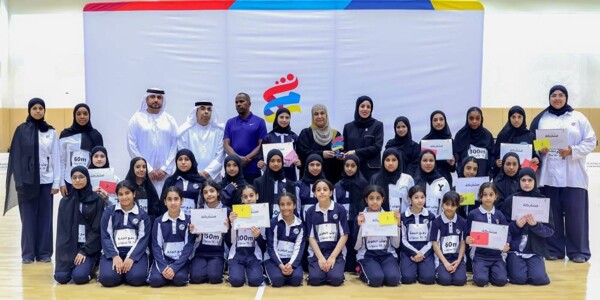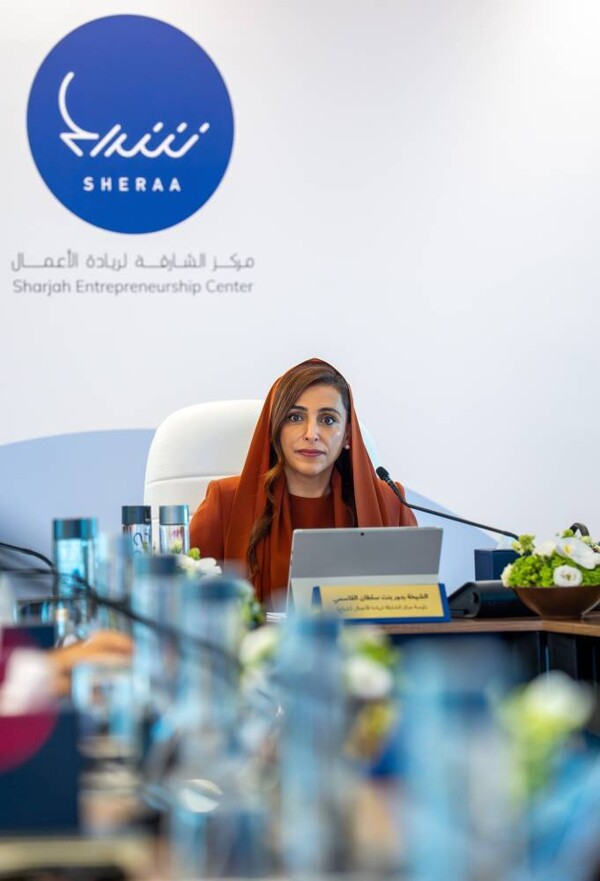
Specialists in children's literature have initiated the creation of books that will resonate with the interests and realities of contemporary children. They believe it is essential to engage children actively, providing them with the opportunity to express themselves and incorporating their opinions in the creation of literature for them. This approach not only brightly illuminates the themes relevant to children but also makes future children's literature more vibrant and impactful.
However, according to experts, many existing books aimed at children are still outdated and do not reflect modern realities. Among the problems identified is the lack of current themes and technological innovations in children's literature. At the same time, the efforts of Arab authors are highly valued, as they seek to fill this gap with new stories that reflect daily life of children, considering contemporary technologies.
Experts also emphasize the importance of not only discussing technologies but also using them to develop critical thinking skills in children and their understanding of the surrounding world. Such an approach to children's literature is considered more productive than simply familiarizing children with technologies.
In turn, a poet and writer from Egypt, Abdo Zeraaa, noted that modern children, surrounded by information streams, respond more to visual imagery than to text. Therefore, authors of children's books should develop their skills to create engaging visual materials.
At the same time, scholar Ikhab al-Kastab noted that children's literature today faces challenges due to its distance from the themes presented in existing productions and in connection with the large number of people lacking specialized training in working with children. This situation leads to a decreased interest of children in books, and as a consequence, their replacement with social networks.
Thus, the discourse being discussed today highlights the need for a new approach to creating children's literature that takes into account their modern lives, interests, and technological developments. The responsibility for this task lies with authors, publishers, and educators who are expected to create innovative and relatable works that immerse children in the world of reading and creativity.













